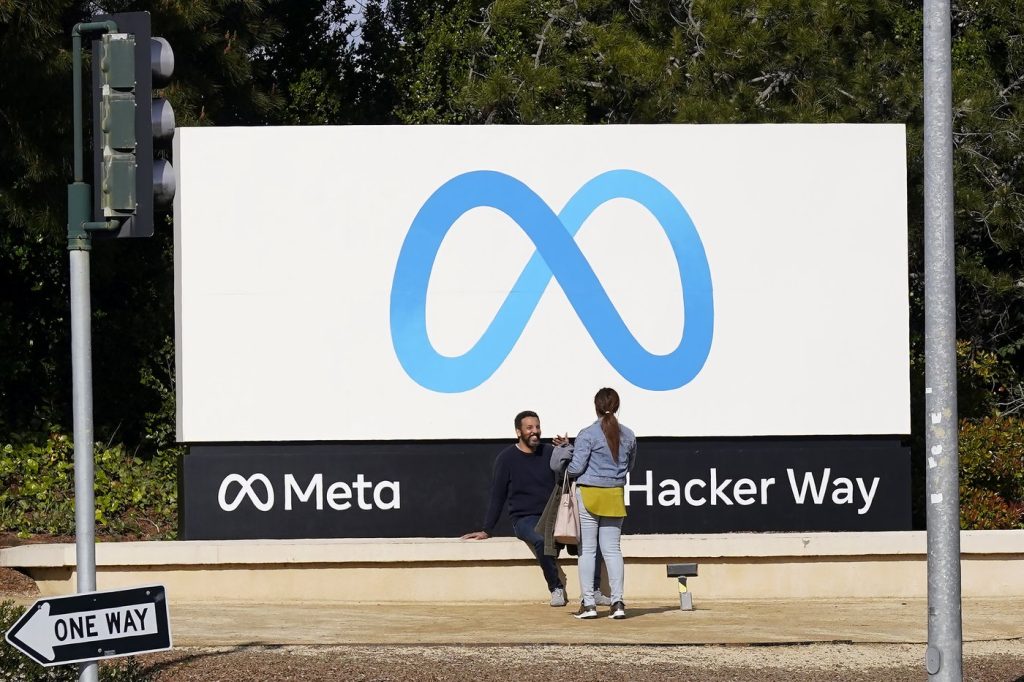ANNAPOLIS, Md. (AP) - A federal appeals court has ruled that Maryland's pioneering tax on digital advertising is unconstitutional, siding with tech companies that argued the law infringes on their right to free speech. The court highlighted that prohibiting these companies from informing their customers about the tax fundamentally blocks essential communication regarding pricing.
Supporters of the tax maintain that Maryland's tax structure needs modernization to reflect the significant changes in the digital advertising landscape. The law primarily targets major corporations, including Meta, Google, and Amazon, which have claimed they are being unfairly singled out by this legislation.
The legal dispute is attracting attention from other states that are contemplating similar measures to tax online advertisements. Maryland had projected that the new tax could generate approximately $250 million annually to fund a comprehensive K-12 education initiative.
Maryland's stipulation mandates that companies not only pay the tax but also refrain from disclosing the impact of this tax on pricing structures, prohibiting any itemization, surcharges, or additional fees. The appeals court, which ruled on this matter on Friday, agreed with trade associations challenging the tax, marking a shift from a previous ruling made by U.S. District Judge Lydia Kay Griggsby.
Judge Julius Richardson referenced the historical context surrounding the Stamp Act from the Colonial era, which was a catalyst for the Revolutionary War. He emphasized that “criticizing the government—whether regarding taxes or any other issue—is vital for discourse in a democratic society.”
The plaintiffs argued that Maryland lawmakers were attempting to shield themselves from public scrutiny and accountability by imposing restrictions on how companies could communicate the new tax to their customers. Judge Richardson highlighted this concern, stating, “A state cannot duck criticism by silencing those affected by its tax.”
The unanimous decision by the 4th U.S. Circuit Court of Appeals overturned Judge Griggsby’s earlier ruling and instructed her to reevaluate the case with respect to the appeals court’s findings.
Trade organizations applauded the ruling, with Paul Taske, co-director of the NetChoice Litigation Center, asserting that Maryland's efforts to suppress criticism of its tax framework amounted to censorship. He praised the court's recognition of this tactic.
The tax is structured according to the global annual gross revenues of companies, targeting those that exceed $100 million in global income. Specifically, the tax imposes a rate of 2.5% on companies earning more than $100 million, a 5% rate for those making $1 billion or more, 7.5% for revenues over $5 billion, and 10% for companies exceeding $15 billion.
This law has faced challenges in various legal contexts, including ongoing proceedings in Maryland Tax Court. The Maryland General Assembly, which is predominantly Democratic, previously overrode a veto of the tax legislation from then-Governor Larry Hogan, a Republican, back in 2021.











